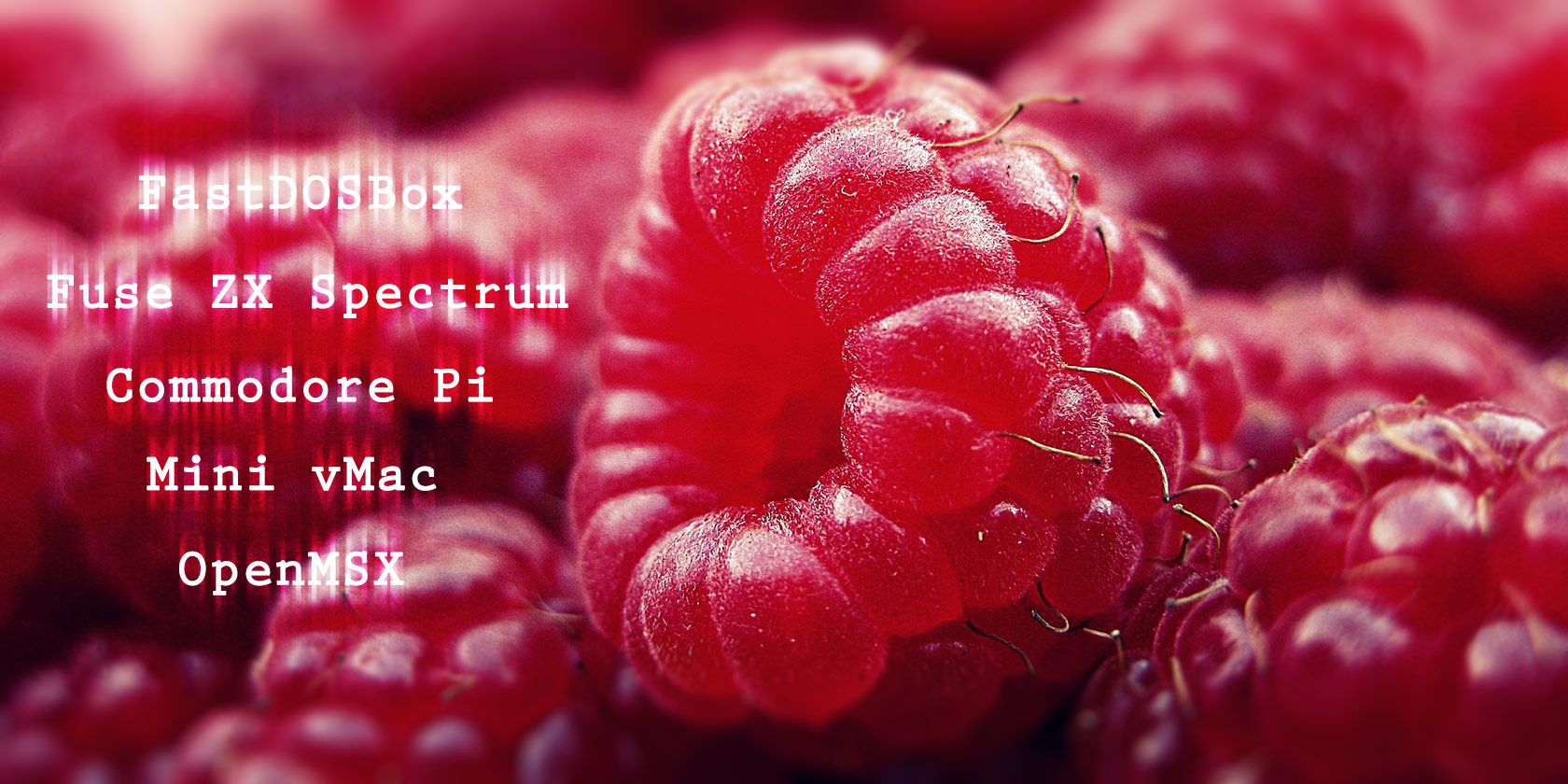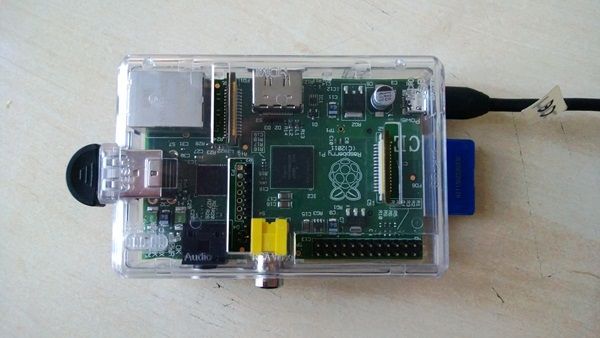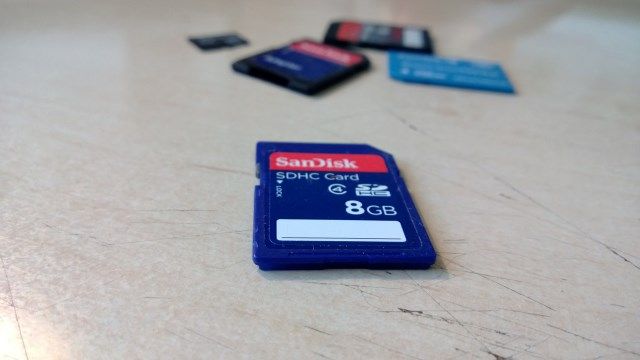We've previously looked at how the Raspberry Pi can be used as a retro gaming system, and as a substitute desktop PC for low-level office tasks – but did you also know that you can run several classic operating systems on the tiny computer?
If you've been involved in computing for twenty plus years, this may prove useful for looking at old data. Alternatively, you might fancy checking out some old games. The RetroPi collection of emulators are primarily from gaming systems, but ROMs for older desktop operating systems can also have their place.
After all, it's quick and easy to switch between SD cards and ROMs on the Raspberry Pi, meaning that you might be running an old Apple one moment and a Commodore 64 the next!
Setting Up Your Pi
You won't need any additional equipment, just the emulation ROM, your Raspberry Pi and a keyboard and mouse, with the Pi connected to your monitor via HDMI or composite.
Naturally you'll also need your power supply and a blank SD card to run the OS. You may also connect your Ethernet cable or wireless USB dongle to access the device remotely via SSH or VNC, depending upon what additional utilities are included – which will of course save you from using the keyboard and mouse after the initial setup.
Make sure you're using a good quality Raspberry Pi power supply, as opposed to something that might be more suitable to charging a Kindle. The benefit of using the Raspberry Pi for an emulated system is that it can be left switched on without any considerable impact on your electricity bill. If you're using the Pi to run a legacy operating system for the purposes of getting financial information, long-lost creative writing, etc., then you don't want to find the system hanging when it needs to do some data processing. You can find a good power supply adapter for your Raspberry Pi on Amazon.
Preparing The Retro OS
In order to get the Raspberry Pi up and running with your chosen retro OS, you'll need to check whether the emulator can be run within the Raspberry Pi's default OS Raspbian, or whether it has its own ROM.
For the former, all you should need to do is boot Raspbian and download the necessary software to your Pi, install and run.
If it's the latter, then you'll need to download the ROM on a desktop PC and write it to an SD card, insert it into your Raspberry Pi and switch the computer on to boot into the retro operating system.
Retro OSes You Can Use
Several retro operating systems are available for the Raspberry Pi.
FastDosBox (£1.35) is a Raspberry Pi-optimised release of DOSBox which can be used to run MS-DOS applications and games from 1983-1995 (and a little later). This essentially turns your Raspberry Pi into a computer from the 1990s!
Commodore Pi [No Longer Available] is a full Raspberry Pi operating system, essentially the Commodore 64 OS turned into a ROM for writing to an SD card. You can download it via www.commodorepi.co.nr, although it is a little slow. Here's footage of the Commodore Pi project in action:
Macintosh Plus is a classic Apple Mac operating system from the 1980s, and the Mini vMac emulator can be easily installed on the Raspberry Pi to bring Macintosh Plus back to life again.
OpenMSX is an emulator for MSX, an 8-bit computer system that is largely forgotten, which is a shame as it was a powerful home computer produced by Microsoft in Japan and the birthplace of several game franchises such as Metal Gear. You can emulate the platform using OpenMSX [] which will run in Raspbian (or any other Linux OS for your Raspberry Pi).
Fuse ZX Spectrum emulator - the ZX Spectrum was a massively successful 8-bit computer in the UK and Europe during the 1980s and early 1990s, and the Fuse ZX Spectrum emulator is available to install on your Raspberry Pi now to relive the age of monochrome character gaming.
Finding ROMs For Your Emulators
As ever, we need to tell you that using ROMs of applications and games that you don't own (and perhaps even those that you do) is a breach of copyright law in the majority of international territories
What this means is that you'll need to have a moment with your conscience before deciding whether you're comfortable running ROMs on your chosen retro operating system, emulated or otherwise.
There are various repositories online that provide game and software ROMs for all of the operating systems mentioned above, so check these out to see what's available.
Other Retro Operating Systems For Raspberry Pi?
Now you probably already know that along with Raspbian and its variants, there are many other operating systems that you can install on the Raspberry Pi, such as Linux and RISC OS.
But what about other retro operating systems for the Raspberry Pi? Do you know of any that we omitted from this list? If so, tell us!



